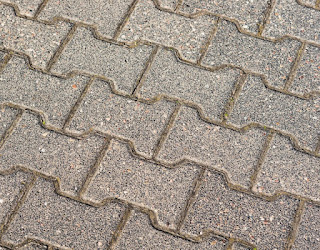Commercial Spaces where Interlocking Tiles are Best
Interlocking PVC tiles have evolved far beyond the garage or basement. They create the best flooring by clicking the tiles together, without the use of adhesives. They resist chemicals and shrug off forklift-level loads as well. Interlocking tiles are now best utilised in commercial spaces where they go beyond their general usage to become a creative and sustainable option for flooring.
Below, you will find commercial spaces where different settings are presented and how interlocking tiles are solving real-world problems in so many ways.
1: Healthcare Corridors and Hospitals
Infection control experts require neat and clean floors, preferably hard, non-porous floors with the fewest possible seams. Interlocking tiles satisfy the brief because the dovetail or hidden joint edges lock tight yet can be heat-welded for a near-monolithic surface. If a tile is damaged, staff can swap it out in minutes instead of shutting down the whole corridor or wing for repairs. SupraTiles medical-grade range is certified low VOC and chemical resistant, which is also aligned with the smooth, cleanable finishes infection control guidance recommends.
2: Education and Training Centres
Education and training centres are the second commercial spaces that require the use of interlocking tiles more frequently than before. Summer recess leaves only a narrow window for repairs or renovations. Facilities teams appreciate tiles they can lay directly over worn concrete rather than repair the floor one by one after the science lab adventure of a chemical spill from the science fair. The impact-absorbing underside of PVC tiles also assists in absorbing the clatter of chairs and lockers. The interlocking tiles in the education and training centres not only act as a better option for repair but also as acoustic upgrade tiles.



Comments
Post a Comment